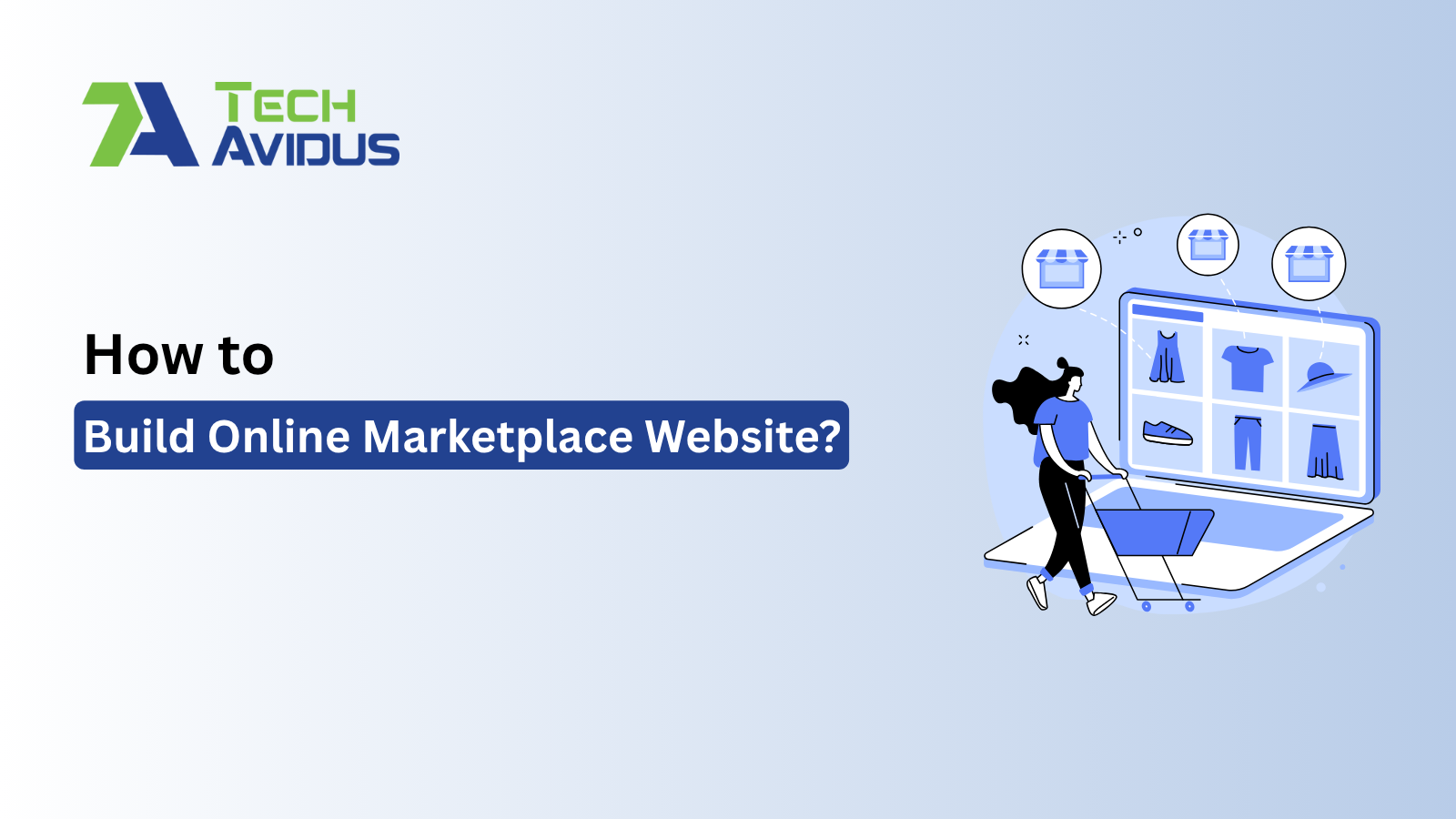
In today's digital landscape, establishing an online marketplace has become an enticing avenue for entrepreneurs seeking to tap into the vast potential of e-commerce. From facilitating product sales to enabling service bookings and peer-to-peer transactions, developing an online marketplace website necessitates meticulous planning, strategic execution, and a thorough understanding of the digital ecosystem.
Before delving into the intricate process of developing an online marketplace website, it's imperative to comprehend the underlying principles and key steps involved in the "How to develop Online Marketplace Website" journey. Each phase in this process is crucial, contributing significantly to the success and functionality of your digital platform.
The initial step in the "How to Build Online Marketplace Website" involves thorough market research. Understanding your target audience, analyzing competitors, and discerning market trends are pivotal aspects. This crucial groundwork lays the foundation for subsequent decisions, guiding you through the intricate maze of developing a successful online marketplace website.
Choosing the appropriate technology stack is a pivotal decision in the process. Opting for the right platform or technology, whether it's Magento, WooCommerce, Shopify, or a custom solution using languages like Python, Ruby on Rails, or PHP, significantly influences the scalability and functionality of your online marketplace website.
User experience is paramount in the digital realm. Designing an intuitive interface, ensuring smooth navigation, and guaranteeing mobile responsiveness are critical components of How to Build Online Marketplace Website. Collaborating with seasoned UI/UX designers ensures that your platform encapsulates the essence of user-centric design, a cornerstone in attracting and retaining users.
The culmination of your efforts in the "How to Build Online Marketplace Website" endeavor converges during the launch phase. Leveraging marketing strategies encompassing social media, SEO, content marketing, and strategic collaborations is pivotal to reach your intended audience. Generating pre-launch anticipation and offering incentives are key tactics to attract initial users to your online marketplace website.
Amidst the development process, ensuring robust security measures to protect user data, transactions, and the overall platform is non-negotiable. Implementing SSL certificates, data encryption, regular security audits, and compliance with data protection regulations are essential steps in the developing online marketplace website" chronicle. Additionally, scalability is crucial to accommodate growth, ensuring your platform evolves seamlessly with increasing demands.
Customer support and community engagement play pivotal roles in the success of an online marketplace. Providing exceptional customer service fosters trust and loyalty among users. Encouraging community interaction through forums, blogs, and social media nurtures a sense of belonging, promoting continuous improvement based on user feedback—a key aspect of the Developing Online Marketplace Website.
Developing an online marketplace website entails a multifaceted journey, comprising numerous integral steps encapsulated within the "How to Build Online Marketplace Website" framework. Navigating through market research, technological choices, user-centric design, launch strategies, security measures, customer engagement, and continuous improvement collectively shape a successful online marketplace website—one that resonates with users and thrives in the dynamic world of e-commerce.
Our Top 1% Tech Talent integrates cutting-edge AI technologies to craft intelligent, scalable, and future-ready solutions.
All Rights Reserved. Copyright © 2025 | TechAvidus